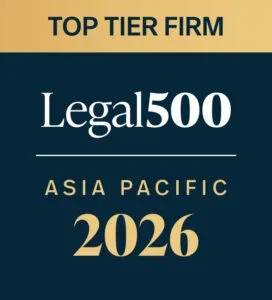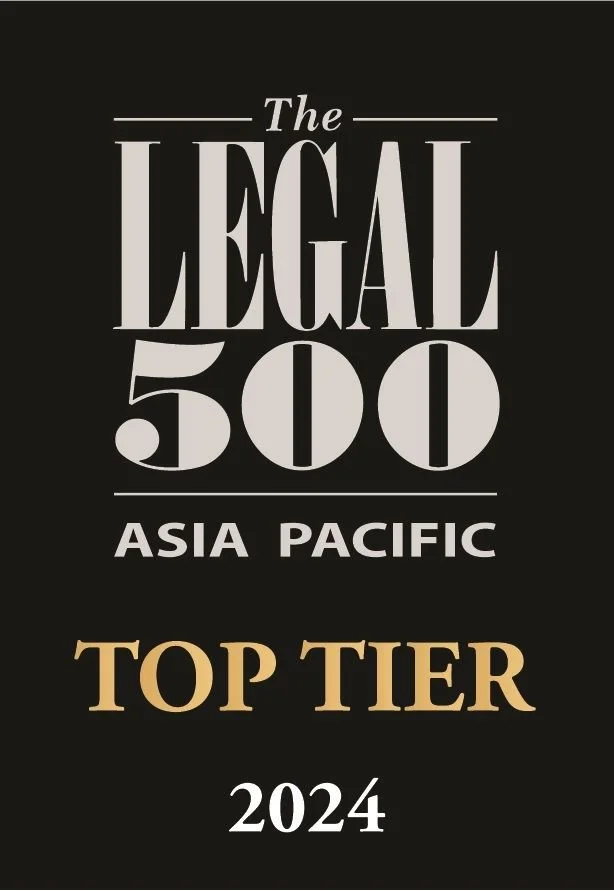Deceitful practices lands Canterbury wine company $1.7m fine
/R v Southern Boundary Wines Ltd (in liq) [2020] NZHC 514
Introduction
Two directors and an employee of Southern Boundary Wines Ltd (Southern Boundary) have been sentenced along with the company itself for charges under the Wine Act 2003 involving deception and selling and exporting non-compliant wines. This is the third sentencing to occur under the Act.
The offending
In addition to producing their own wines, Southern Boundary offered winemaking services to third-party grape growers. During this process, Southern Boundary was contractually obliged to keep client’s wines separate from one another, and to return the wine in a condition fit for sale and export. In reality, Southern Boundary was found to have mixed clients’ wines for various improper reasons, and without clients’ authority. This meant that those wines became non-compliant under the Wine Act and unsaleable. As the clients were unaware of the mixing, some of them sold these tainted wines and received negative reviews, which in turn negatively affected their businesses. Other clients could not sell the tainted wines at all and suffered significant losses as a result.
Southern Boundary also intentionally and dishonestly mislabelled its own wines. At times, when Southern Boundary had shortfalls in its own stock, it would mislabel other wines so that it could continue to meet its orders. In one case, when Southern Boundary had no 2012 Sauvignon Blanc on hand, it relabelled a 2013 Waipara Sauvignon Blanc to fulfil the order.
Overseas importers were also affected by Southern Boundary’s illegal conduct. The company falsely represented that its wines met the requirements of the Act when they did not. It made false applications for approval to export the non-compliant wines.
Sentence
Offences involving deceit under the Act carry a maximum penalty of $500,000 for a company and, for an individual, a maximum $100,000 fine and five years’ imprisonment. The offences under the Act concerning selling non-compliant wine or exporting non-compliant wine have a slightly lower maximum penalty of $250,000 for a company or $50,000 for an individual.
Whilst Justice Dunningham acknowledged that Southern Boundary was in liquidation at sentencing, she agreed with the prosecution that the wine industry must be squarely on notice that “crippling fines are appropriate in cases involving rampant dishonesty and offending”. She therefore imposed a fine on Southern Boundary of $1,700,000, being 10% of the $16,750,000 theoretical maximum penalty the company faced for all of charges that had been laid against it.
Southern Boundary’s two directors were sentenced to home detention and fined $25,000 and $20,000 respectively. The employee was sentenced to 200 hours’ community service, which reflected her lesser involvement in the offending.
Comment - Bradley Alcorn
The New Zealand wine industry is worth over $2b per annum to the New Zealand economy, comments Brad Alcorn. Export earnings generate approximately $1.7b of that figure. Accordingly, the wine industry and its reputation are very important to the New Zealand economy.
In light of the above, Brad believes it is reassuring to see the Court take a strong position against Southern Boundary’s deliberate behaviour. Notwithstanding Southern Boundary’s liquidation, the sentencing of the company, the directors and the employee sends a strong message to the wine industry in New Zealand and the world that such behaviour will not be tolerated. The Courts will impose robust penalties to ensure that our wine industry remains respected and trusted on the global stage.
Bradley Alcorn is a Senior Associate at Fee Langstone






